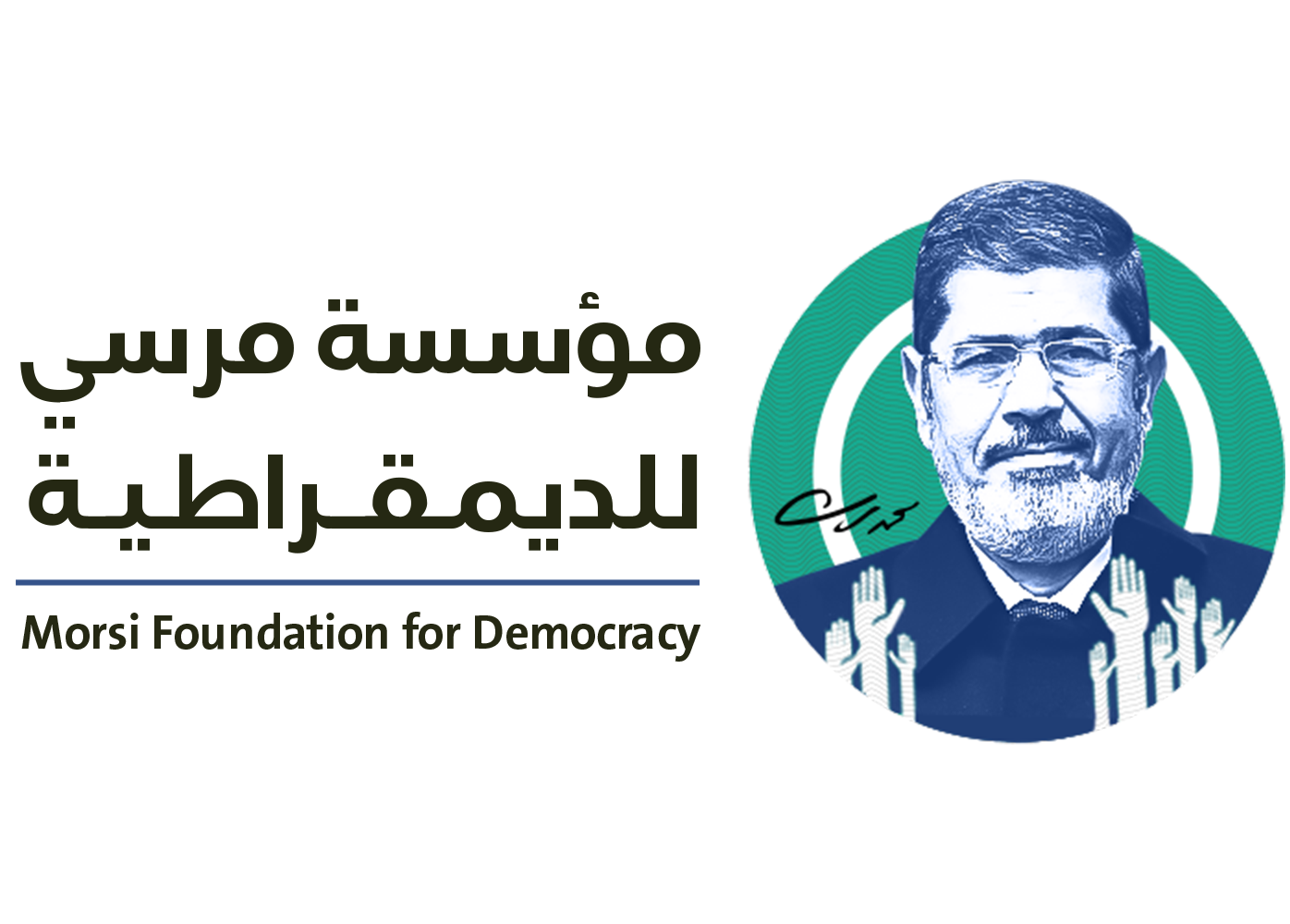In a significant change of direction, Saudi Arabia has sent a stern message that it would no longer provide blank checks aid to regional allies, The New York Times reported.
Saudi Crown Prince Mohammed bin Salman has insisted on economic overhauls like cutting subsidies and privatizing state-owned companies before releasing any further financial assistance.
The country changed its aid strategy which has been described as a shift towards economic accountability for struggling states like Pakistan, Egypt, and Lebanon.
Saudi officials say they are frustrated with watching their financial assistance evaporate in struggling economies.
The kingdom is still sending money abroad — possibly more than ever. But much of it is now geared toward international investments for profit and influence and at kick-starting new industries at home, like electric vehicles.
The Saudi government has also taken on a role similar to the International Monetary Fund, which gives it even greater sway than before over regional politicsز
The kingdom used to send money to poorer countries like Egypt with few strings attached. But it is increasingly leveraging its economic power for influence in the Middle East and beyond. Prince Mohammed’s emphasis is on “Saudi first” as he stokes nationalism. Last year, the Saudi sovereign fund that it would invest $24 billion in Egypt, Iraq, Jordan, Bahrain, Oman and Sudan.
But channeling that financial support through investments lets Saudi officials prioritize their own profits.
“Saudi Arabia might like to say they’re bailing out Egypt, but from the perspective of Egyptians, some of them see it as them taking advantage of a bad situation.”
President Abdel Fattah el-Sisi of Egypt played down the conflict, speaking warmly of “the support our brothers have given us.” el-Sisi overturned a democratically elected Islamist president, Mohamed Morsi, who was viewed as a security threat by the monarchies of Saudi Arabia and the United Arab Emirates.



